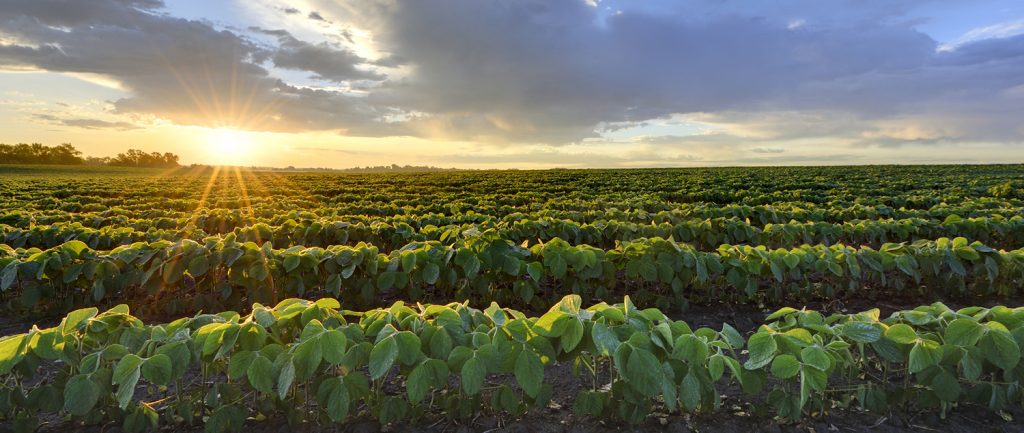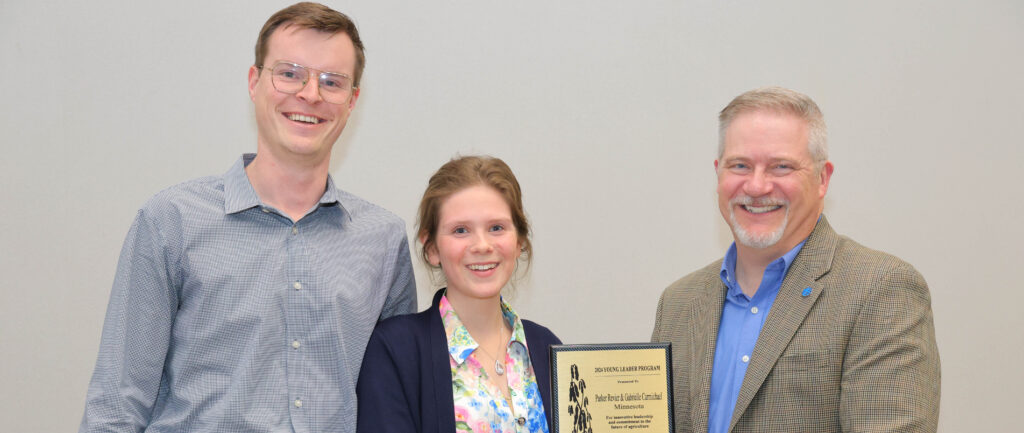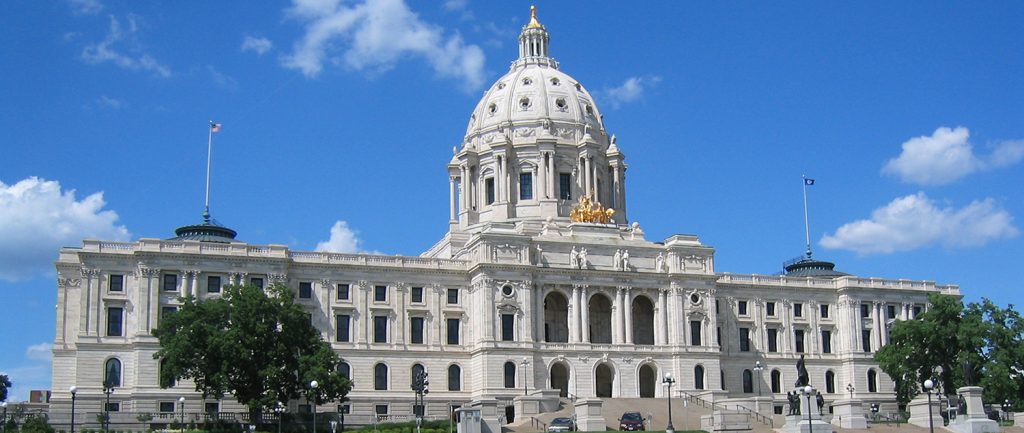The two-year slog toward tax relief for Minnesota farmers finally ended on Wednesday when Gov. Tim Walz signed the state’s largest bonding bill into law.
The Minnesota Soybean Growers Association (MSGA) applauds Gov. Walz, the House and the Senate for working in a bipartisan fashion to pass full Section 179 conformity as part of the $1.9 billion public works package.
“Working toward full conformity required a lot of patience and grit, but we kept our eyes on the prize. We really were relentless,” said MSGA Vice President Mike Skaug, who also chairs MSGA’s advocacy action team. “This is extremely gratifying for our organization, and the benefits from passing full Section 179 conformity will be realized throughout Minnesota agriculture.”
After months of political jockeying, the House passed the measure 100-34 on Oct. 14, and the Senate approved it by a 64-3 margin the following day.
“Section 179 conformity made sense two years ago and it still makes sense today. It provides important relief for our farmers and the agricultural industry in a time of continuing uncertainty,” Walz said in a statement to MSGA. “I was proud to sign it into law almost two years after having included it in my 2019 budget proposal, and I am grateful to the farm advocates and legislators who helped get us here.”

Getting full conformity to Section 179 of the federal 2017 Tax Cuts and Jobs Act has been a top policy priority for MSGA for several years. In 2019, MSGA successfully advocated for partial conformity. That capped deductions at $25,000. Full conformity sets the cap at $1 million, giving Minnesota farmers significant tax relief. Estimates indicate full conformity could bring up to nearly $200 million in tax savings for Minnesota farmers.
Speaking to legislators, using digital advocacy and partnering with other agricultural advocacy groups, MSGA worked to bring this pressing issue across the finish line in the state’s fifth – and final – special session.
“This has been a huge priority the last two years, the last two legislative sessions and all the special sessions to try to get this fixed and done,” MSGA Executive Director Joe Smentek said. “We utilized all of our available resources, taking action to reach legislators. Our farmers, staff and lobbying team put in the time and hard work. There was no quit in our MSGA team in its efforts to get this passed.”
MSGA activated a Phone2Action campaign throughout 2020 imploring legislators to come to an agreement on a bonding bill this year that included full Section 179 conformity. As part of a final push in mid-October, hundreds of soybean advocates sent emails to state legislators urging the passage of Section 179.
MSGA spoke, and elected officials listened, MSGA President Jamie Beyer said.
“Advocating remotely has certainly been an adjustment, but we’re very pleased to see our members adapt, step up and make sure their voices were heard loud and clear on this issue,” she said. “Seeing full conformity come to fruition shows that when we band together as an industry, we can help bring tangible policy changes for our farmers.”




